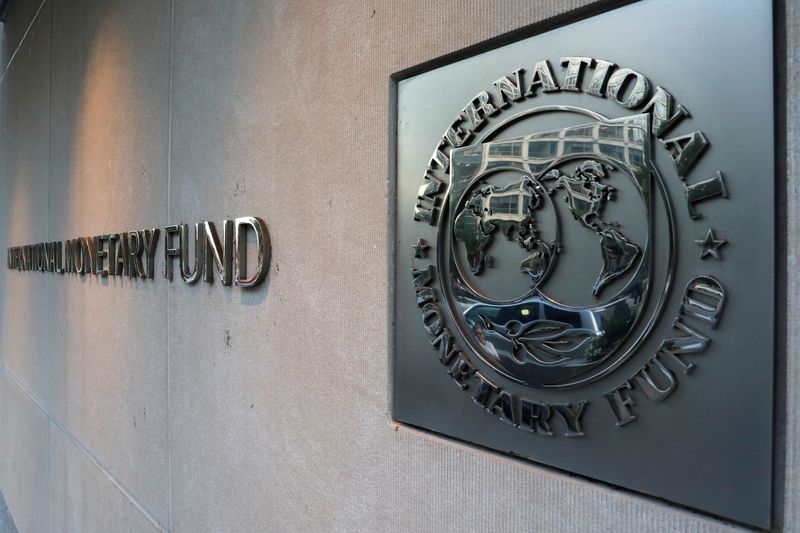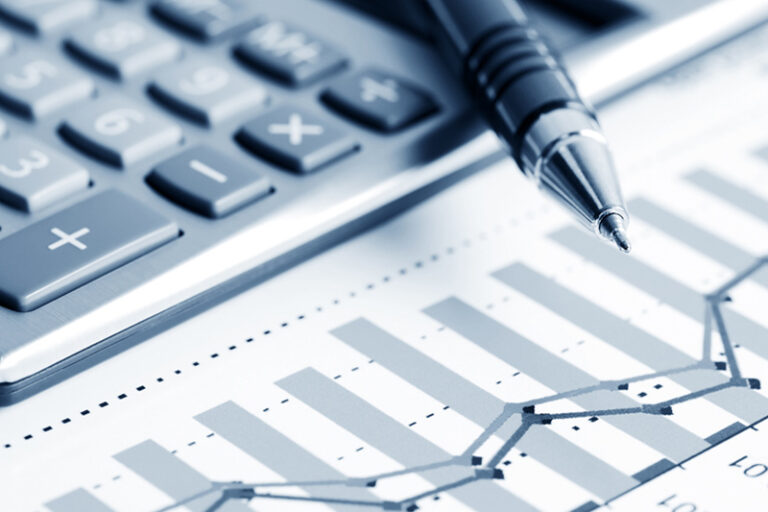By Gibran Nayyar Peshimam, Asif Shazad and Ariba Shahid
ISLAMABAD (Reuters) – Pakistan set a tax collection target of 13 trillion rupees ($46.66 billion) for the year starting July 1 in its national budget published on Wednesday, up nearly 40 percent from the current fiscal year and aimed at bolstering the case for a new bailout deal with the International Monetary Fund.
The ambitious revenue target for the fiscal year ending June 2025, announced by Finance Minister Mohammed Aurangzeb in parliament, was in line with analysts’ expectations. Total expenditure was 18.87 trillion rupees ($68 billion).
According to the government’s budget document, key objectives for the next fiscal year include reducing the public debt-to-GDP ratio to a sustainable level and prioritizing the improvement of Pakistan’s balance of payments position.
Pakistan projects its fiscal deficit to fall sharply to 5.9 percent of GDP for the current fiscal year, revised upwards from 7.4 percent.
Aurangzeb said Pakistan will seek to expand its tax base to achieve the target without placing a burden on existing taxpayers.
“This year’s budget will see a significant increase in the tax burden,” said Vaqar Ahmed of the Sustainable Development Policy Institute think tank, adding that due to the large informal sector of the economy, the burden would fall on existing sectors.
The impact of inflation
“The tax burden will also have an impact on inflation,” Ahmed said.
The central bank said on Monday that revenue growth would have to be funded by higher taxes due to limited progress on structural reforms to broaden the tax base, and warned of the budget’s possible inflationary effects.
The bank cut interest rates by 150 basis points on Monday for the first time in four years in an effort to spur growth as inflation plummeted from a high of 38 percent last year to 11.8 percent in May.
The government said GDP would expand 2.4 percent this fiscal year, falling short of the budgeted target of 3.5 percent, despite a 30 percent increase in revenue from a year ago and a contained fiscal and current account deficit.
Aurangzeb said the growth target for next year has been set at 3.6 percent while inflation is projected at 12 percent.
Increase revenue
Pakistan had to find ways to raise revenue to reduce its budget deficit as part of reforms under discussion with the IMF.
Pakistan is in talks with banks for loans of between $6 billion and $8 billion to avert a default for its economy, the region’s slowest growing.
The increased tax revenue targets represent a 48 percent increase in direct taxes and a 35 percent increase in indirect taxes compared to the revised estimates for this fiscal year. Non-tax revenues, including petroleum taxes, are expected to rise by a staggering 64 percent.
President Aurangzeb said sales taxes on textiles, leather products and mobile phones would be raised to 18 percent. He also announced higher taxes on gains from real estate transactions.
Analysts were closely watching the budget for privatization proceeds as the government has signaled a strong push for the sale of loss-making companies, starting with the state-run airline.
However, privatisation proceeds have been conservatively estimated at 30 billion rupees. Prime Minister Aurangzeb said bidding for the airline would be floated in August.
Weak coalition
At a time of growing public pressure for inflation reform measures, concerns remain about the government’s ability to push through reforms, given its vulnerability to the quirks of the coalition government.
According to local broadcaster Geo News, Prime Minister Shehbaz Sharif’s government had to convince its biggest ally, the Pakistan People’s Party (PPP), because without it it would not have a majority in parliament.
Bilawal Bhutto’s PPP said it was not happy with some of the steps taken in the budget proposal, the report said.
Sharif’s government also faces the continued popularity of his biggest rival, jailed former prime minister Imran Khan, whose party lawmakers protested vociferously when the budget was presented.

Some of them held banners calling for the release of Khan, who remains jailed on charges including corruption and illegally marrying his wife.
(1 dollar = 278.3000 Pakistani rupees)

